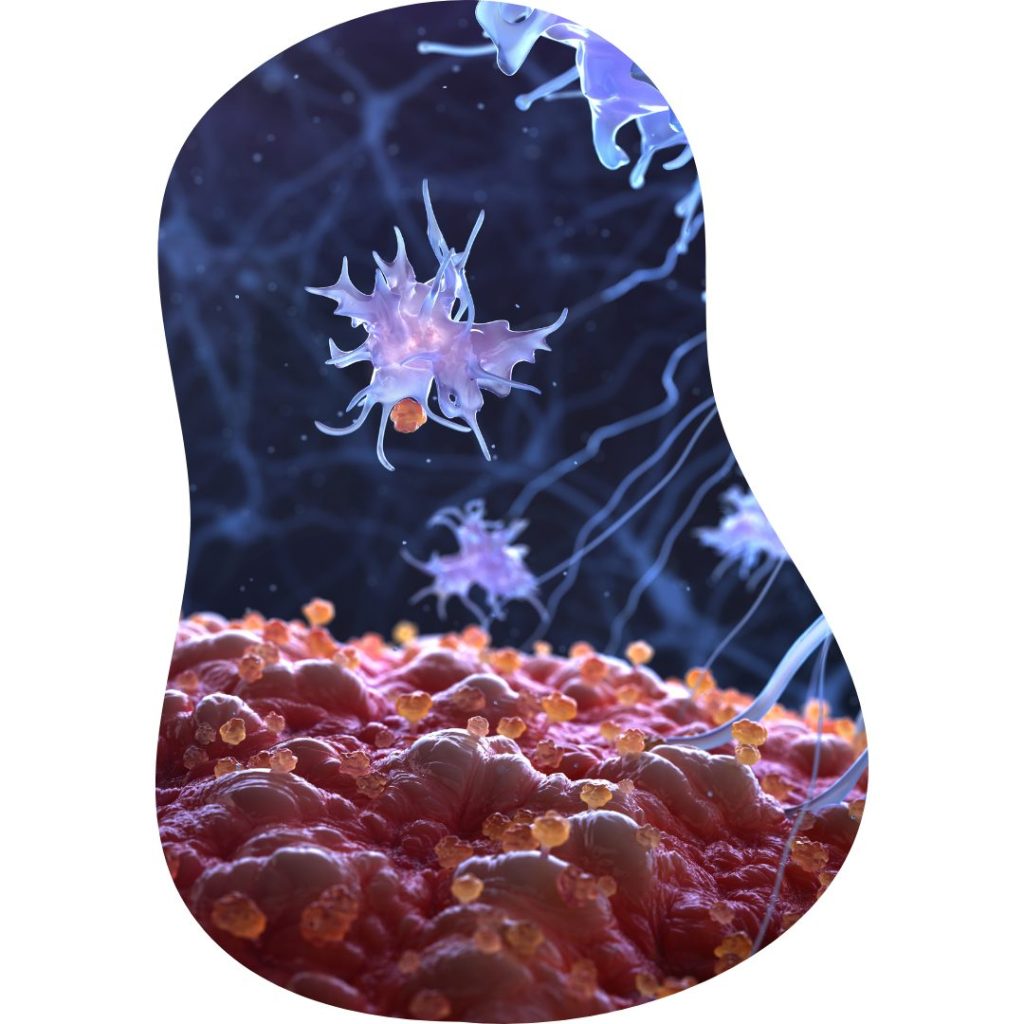Stress is your body’s reaction to any kind of physical, mental, or emotional tension. It is a built-in response to danger of any kind, be it objects, people, or situations. Whatever our body assesses as danger is known as a stressor.

What is stress?
Although stress has a negative connotation in general, it is needed in smaller amounts to function properly and also to save you from dangerous situations. Stress compels your body to release certain hormones to make your brain more alert so that you can either fight the situation or flee from it to save yourself.
Now here’s something interesting about stressors. They could be real or imagined, close by or far away. Fortunately or unfortunately, our body wouldn’t be able to tell the difference and would more or less have the same reaction and release the necessary hormones.
What is Stress (continued)
A healthy amount of stress is known as eustress. Eustress is what pushes us to finish tasks ahead of the deadline. In a way, it compels us to improve ourselves.
But when eustress doesn’t remain in small amounts or for a short span of time, it becomes what we know as distress. Distress is stress in unhealthy amounts and for longer time periods, and can adversely affect us in ways more than one.


What is Stress – Acute Stress
Acute stress is basically eustress. We experience it when we have a narrow miss with an accident or when we have a lot of work to do and the deadline is drawing closer.
It might send us into a panic mode and increase our blood pressure. But having acute stress is our body’s way of making sure that we get through tough situations. Acute stress is short-lived, and usually, when the stressor goes away, the body goes back to its normal state.
What is Stress – Episodic Stress
A type of stress falling under the umbrella of acute stress is episodic acute stress. Episodic acute stress is like having a mini-crisis.
For example, if you are constantly under pressure at your job, you are going to remain tense for a certain time period. If not handled correctly and at the right time, episodic acute stress may have long-term effects on your health and relations.


What is Stress – Chronic Stress
The grinding, long-term stress that wears us down over time is called chronic stress. It can come from some serious problems in life, such as war, poverty, childhood trauma, and other such occurrences.
When such events take place, you stay perpetually in tension and it can adversely affect your health by giving you certain chronic disorders.
What is Stress Doing To Our Bodies?
The immediate reaction caused by any stressor is seen in the form of a pounding heart and shortness of breath. The increase in heart rate gets your muscles ready to respond to a challenging situation.
This happens due to the release of certain hormones. When the amygdala, a part of your brain perceives any sort of danger, it conveys it to the hypothalamus, which alerts the adrenal glands to secrete adrenaline, cortisol, and norepinephrine.

The adrenal gland secretes adrenaline or epinephrine, which is the ‘fight or flight hormone. It increases your heartbeat and gives you a surge of energy and increases your concentration to face the situation.
Norepinephrine is also secreted by the adrenal glands. What it primarily does is that it shifts blood flow away from areas that are less crucial in the moment, such as your skin, and directs it towards areas that are more essential in that moment, such as your muscles.
Cortisol is a steroid hormone, also known as the stress hormone. It can be life-saving if it is in the required amount. Cortisol manages fluid balance and blood pressure in stressful situations.
Although other hormones, such as dopamine, serotonin, estrogen, and testosterone affect how we handle stressful situations, the above-mentioned trio is mostly at play when such a situation crops up.

What is Stress Changing in our bodies?
Acute stress generally does not affect our bodies adversely. As mentioned earlier, your body returns to a normal state of functioning shortly after the stressor is gone. Episodic acute stress too, if addressed and corrected, will wane over time.
However, chronic stress can have some serious health implications that can affect our day-to-day activities. The general symptoms of chronic stress are anxiety, depression, headaches, insomnia, irritability, and loss of appetite. Chronic stress is also responsible for behaviors like binge eating, substance abuse, and social withdrawal.
Additionally, stress impacts your heart and lung health. As a part of the stress response, your body makes you breathe faster in an effort to make oxygen-rich blood reach your body parts faster. But if you suffer from respiratory disorders such as asthma, having an episode of stress could be rough on you.
Also, your blood pressure increases in the presence of a stressor. If you experience chronic stress, you may suffer from a heart attack or a stroke. When encountered with a stressful situation, your liver produces more than usual glucose to give you extra energy. But if the stress persists, you may end up with type-2 diabetes.
Harmonizer Home
Everyone tries to make their house a home, but it’s not always easy and sometimes there can be factors at work that you might not be aware of. The Harmonizer Home is the most efficient way of improving the energy of the home positively and constructively which benefits all inhabitants.
Furthermore, stress affects the digestive system, in turn affecting your bowel movement. So you may experience constipation or diarrhoea. Also, the surge of hormones and other reactions could lead to acid reflux. So, it could easily aggravate your existing ulcers.
Your muscular system takes a hit too when you are under chronic stress. Your muscles tense up for protection when you are stressed. However, they relax after the situation has been diffused. But in case of chronic stress, your muscles continue to remain tense so you could land up with headache, backache, shoulder pain and body ache overall as well. Research conducted in 2015 displayed that the intensity of stress was directly proportional to the frequency of headaches in a month.
Chronic stress plays with your libido as well, and not in a good way. Stress exhausts us mentally and physically. So it’s natural to lose your sex drive. And although short-term stress causes men to produce more testosterone, it is not the same in the case of long-term stress. Chronic stress adversely affects testosterone production and in some cases, causes erectile dysfunction.


To females, stress does something similar. It disrupts the menstrual cycle and in extreme cases, brings about menopause. Stress also makes it difficult to conceive. A study conducted in 2021 () reflected that 450 out of 1000 women reportedly had a reduced libido due to the stress experienced during COVID-19.
Stress is a massive hindrance to your immune system. While it stimulates the immune system in case of acute stress, it does the opposite when it comes to chronic stress. It wears down your immune system over time and makes you more susceptible to viral infections such as the common cold, flu, etc.


Overall, stress can also cause fatigue and decreased energy levels. A survey of 7000 adults revealed that they experienced fatigue due to work-related stress. It can also disrupt your sleep schedule and cause insomnia. Chronic stress may also lead to psychological disorders such as depression. A study of 816 women () revealed that the onset of depression was related to chronic stress.
By 2020, the antidepressant market had grown up to £20 billion, with the pandemic being largely responsible for everyone’s failing mental health. Around 264 million people suffered from depression in 2020. However, many suffered even before the pandemic. In 2017, around 107 out of 1000 people took antidepressants to tackle depression.
A stressful lifestyle, bad dietary choices, and lack of exercise can often add to the problem. Unfortunately, many people continue to take antidepressants and suffer from their side effects rather than dealing with their issues in a holistic manner.
Disclaimer: This article is purely for informational purposes. The information in this article is not our opinion, but that of others. We do not give medical advice. If you have any concerns related to stress, we suggest visiting a licensed professional.
What is Stress What is Stress v What is Stress What is Stress What is Stress What is Stress What is Stress What is Stress What is Stress What is Stress


0 Comments